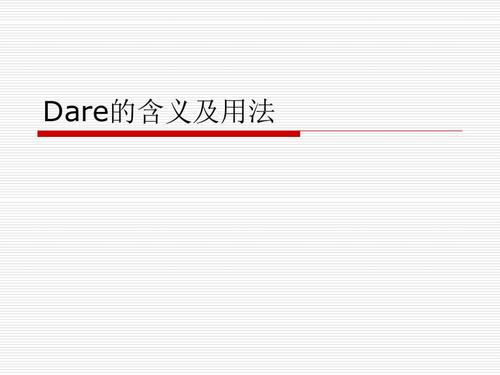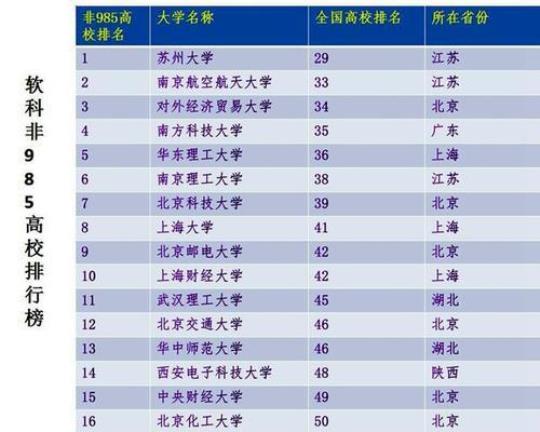dare是什么意思 dare什么意思
2023-08-12 来源:互联网 【 字体:大 中 小 】
 导读 大家好,知识小编来为大家讲解下。dare是什么意思,dare的用法很多人还不知道,现在让我们一起来看看吧!一、dare是什么意思1、dare 敢于2
导读 大家好,知识小编来为大家讲解下。dare是什么意思,dare的用法很多人还不知道,现在让我们一起来看看吧!一、dare是什么意思1、dare 敢于2 大家好,知识小编来为大家讲解下。dare是什么意思,dare的用法很多人还不知道,现在让我们一起来看看吧!
一、dare是什么意思
1、dare 敢于
2、来自PIE*dhers, 勇敢的,有勇气的,词源同endure, firm.
二、dare的用法
1、dare
2、dare: [OE] Dare used to be a widespread Germanic verb, with relatives in Old High German (giturran) and Gothic (gadaursan), but today it survives only in English (the similarlooking Danish turde and Swedish t?ras are probably not related). It comes via Germanic *ders- from an Indo-European *dhers-, which also produced Greek thrasús ‘bold’ and Old Slavic druzate ‘be bold’.In Old English it was a conjugationally complex verb, with anomalous present and past forms, but most of its oddities have now been ironed out: the past form durst is now on its last legs, and only the 3rd present singular form remains unusual, especially in negative contexts and questions: she daren’t rather than she dares not.
3、dare (v.)
4、from first and third person singular of Old English durran"to brave danger, dare; venture, presume,"from Proto-Germanic *ders- (cognates: Old Norse dearr, Old High German giturran, Gothic gadaursan), from PIE *dhers-"to dare, be courageous"(cognates: Sanskrit dadharsha"to be bold;"Old Persian dar?-"to dare;"Greek thrasys"bold;"Old Church Slavonic druzate"to be bold, dare;"Lithuanian dristi"to dare,"drasus"courageous"). An Old English irregular preterite-present verb: darr, dearst, dear were first, second and third person singular present indicative; mostly regularized 16c., though past tense dorste survived as durst, but is now dying, persisting mainly in northern English dialect. Meaning"to challenge or defy (someone)"is first recorded 1570s.
5、dare (n.)
6、1590s, from dare (v.).
本文到此分享完毕,希望对大家有所帮助。











